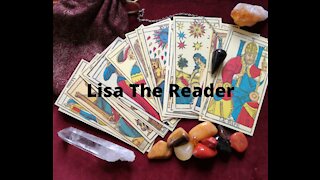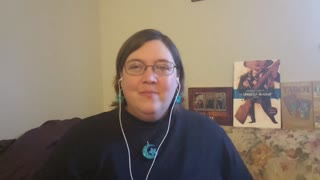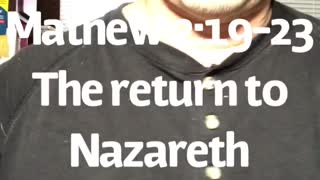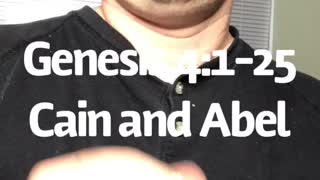Premium Only Content

Pt1: Reading the Court Foreclosure Docket for Valuable Info
Learn to buy real estate foreclosures at the Courthouse steps. This video is part 1 of a three part series where we talk about how to research the online courthouse case files to perform a due-diligence search of a property on which you are interested in placing a bid at the courthouse foreclosure sale.
When you are at the point you have picked out a handful of properties for which you are interested, now you need to do your homework by doing your own title-search and look for any problems in the case file that might end up being your problem. This is always time-consuming so you have to learn to be quick but thorough.
In this 3 part video series, we walk you through how to sift through the online legal information to help you make smart investing decisions.
I start out by showing you how to look at the case docket for a historical sale that has already occurred. We open up the County courthouse docket system website and look at a history and collection of case files. Many of these documents may be available as PDFs by your clerk of the court. All you have to do is click the link in the case file and you can view many of those documents.
First we identify the plaintiff which is typically a big bank but can be another type of entity. I prefer larger to mid-size banks and shy away from other types of entities. Next we look at the plaintiff type; is it a individual or is it an estate or some other type of entity.
Next I look at whether the sale was successful or not. Find the "Certificate of Title" date and confirm that it was issued to the high-bidder. This proves that they at minimum received title to the property for which they paid.
Next I scroll down to the beginning of the case and look at the "complaint of foreclosure" filed by the plaintiff and the "lis pendens". The lis-pendens is a list of everyone who needs to be served courthouse documents as result of a title search. A lot of information is found in the complaint such as whether the person being foreclosed on is an individual or an estate or some other form of entity. Also there will be a list of other people who are being named as defendants and why they may have a claim on the property. This is important and you want to read each of these descriptions.
If you're researching historic sales your court clerk may give a list called a bid list that shows each bidder on the property and how much they bid. This is useful to look at so you can get a feel how much activity is occurring in your area
Be sure to sign up for the premier of these videos as well as our future videos where we will be on hand live answering questions you may have on investing.
🎥INTRO VIDEO of LiketheKelseys: https://youtu.be/Gc799BDDwWw
🎥EASY REAL ESTATE INVESTING GUIDE: https://youtu.be/szGEIedsZ4g
🎥Selecting Properties to Bid on @ Foreclosure Pt. 1: https://youtu.be/gtKaTMCf2LM
🎥Selecting Properties to Bid on @ Foreclosure Pt. 2: https://youtu.be/8Rp7QXbpQ6I
🎥Selecting Properties to Bid on @ Foreclosure Pt. 3: https://youtu.be/DUNWja0IngA
🎥Yr Real Estate 🏡Vet gives hope😊. 2020 Recession Outlook & beyond👌. Plan for financial freedom! https://youtu.be/B5PVmJy2VVw
00:00 Introduction
01:25 Certificate of Title
03:40 Examining the Court Records Docket
06:01 Bank Size Matters
07:03 What I am Looking for in Property
07:47 Each Line of the Example Case Docket
09:15 Viewing the Clerk of Court Case Docket
10:44 Historical Foreclosure Sales Data Analysis
30+ Years Real Estate Experience Includes:
Rentals, Flips, Foreclosure & Tax Deed Purchases, Property Management,
Renovations & Rehabs, Appraisal, Analyzing & Accounting, Tax Planning,
Lending & Banking, Consultation, Divestiture. Retail Property Sales, Land, and More
-
 0:30
0:30
Newsy
4 years agoWhat's On The Docket Next For The Supreme Court?
624 -
 1:30
1:30
LisaTheReader
4 years agoLove Reading
186 -
 2:49
2:49
pwsimpson72
4 years agoReading Isaiah 2
181 -
 9:31
9:31
LisaTheReader
4 years agoDaily Reading
95 -
 0:02
0:02
benunion
4 years agoReading My Autobiography
31 -
 0:42
0:42
EmstarVlogs28
4 years agoreading english skills
42 -
 0:50
0:50
GarySomeBody
4 years agoReading, Pa
844 -
 2:16
2:16
ScottLutz21
4 years agoToday’s New Testament reading
186 -
 5:37
5:37
ScottLutz21
4 years agoToday’s Old Testament reading
150 -
 11:32
11:32
OklahomaHealingConnection
4 years agoWednesday Wisdom #Intuitive Reading
21